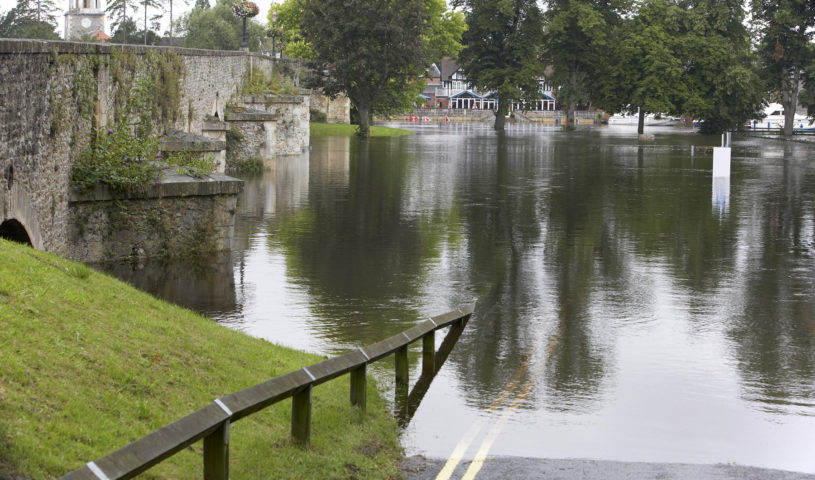Request for what? Re-thinking the RFP process

A Requests for Proposal (RFP) can be a lengthy and confusing process for both staff and vendors. In Philadelphia, a city staff team conducted several vendor focus groups to understand what some of the biggest pain points were for businesses that worked with the city.
At the Transforming Local Government 2018 conference, the Philadelphia city staff team shared their experience in using vendor focus groups, human-centered design methodologies, an e-signature platform, and an RFP composition tool. These changes have eased the process for both parties, redefining what it means to do business with the city.
Engaging all parties
Vendor focus groups and e-signatures began in early 2016. After a successful pilot, the city began a full rollout in fall 2016, and on boarded all departments at the end of 2017. In 2017, the CAO examined the front end of the RFP process, conducting human-centered design research to understand challenges, and identified an RFP composition tool to streamline RFP drafting. While conducting the focus groups, one pain point that vendors had with working with Philadelphia was the lag time in being paid. Knowing this, the team dug into the data and identified the most time-consuming elements of the process. By utilizing e-signatures, it now takes an average of 34 days to execute a contract, down from 76 days in FY2016, which means vendors get paid much quicker.
Redefining the process
Several parts of this initiative are innovative. The City of Philadelphia is piloting tech solutions strategically before a full rollout, and creating an evidence base for transformation projects. They are also purposefully engaging their vendor community and staff members throughout the process, demonstrating that their opinions are valuable and that they are an integral part of transformational change. By utilizing design thinking, the team purposefully engaged staff and vendors, mapping out their user journeys, challenges, and suggestions for improvement. The city continues to roll out more guidance for staff on writing RFPs, utilizing a RFP composition tool to streamline the drafting process to address timing challenges, and being clearer on evaluation criteria.
This initiative demonstrates high performance teaming in that the CAO is taking the lead on execution, but works with departments across the city to understand challenges, successes, and staff needs with the RFP process. Additionally, end-user staff are being strategically engaged with the pilot of the RFP drafting technology solution, Govlist, as well as DocuSign, a secure e-signature transaction management service.
Other municipalities can replicate this process improvement effort by strategically and thoughtfully engaging both vendors and city staff in these transformation projects, ensuring that participants feel that their feedback is valuable and actionable. The team recommend that cities explore a design thinking approach, which is a great way to engage partners, collect critical feedback, and allows for iteration and innovation in exploring possible solutions. Also, tackling these projects incrementally has allowed for better buy-in. Breaking down each task creates more manageable projects and gives internal and external stakeholders the ability to see completed phases of the work.
By implementing these changes to the RFP process, the City of Philadelphia has made itself a far better partner to work with. As each individual initiative gets perfected and matures, it is expected that more vendors will work with the city, creating more diversity in partners and lower costs.
Check out presenter Jeanette Bruno’s video summary of the work the City of Philadelphia is doing in the Municipal World Media Centre.
Do you want great response for your RFP? Post it at https://www.municipalworld.com/rfps/.



